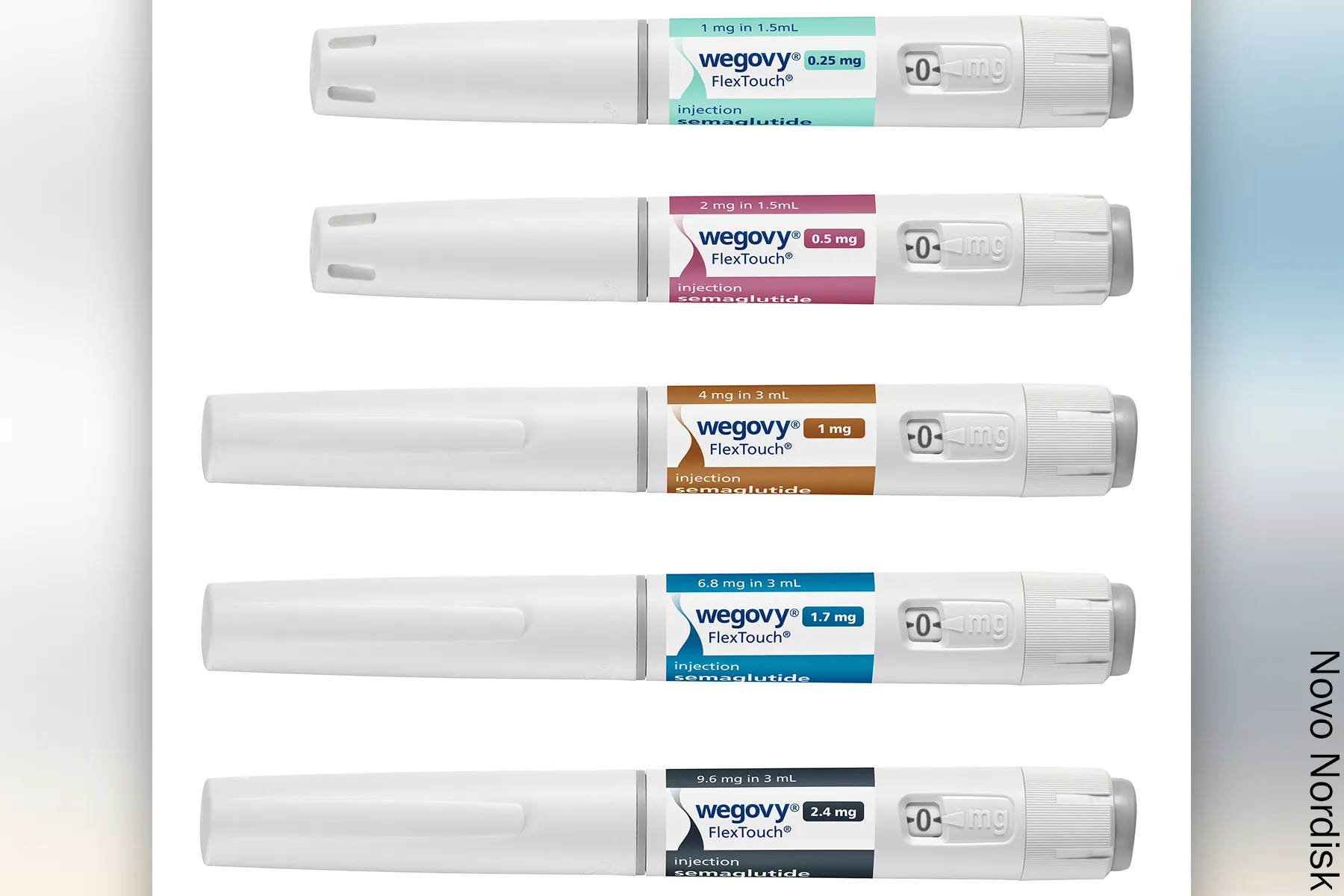March 15, 2024 – Summer is fast approaching, and the pressures of “bikini season” have some young adults looking to GLP-1 medications like Ozempic to shed weight. And while data shows that obesity is skyrocketing among U.S. teens and young adults, Ozempic and other GLP-1 medications are very rarely the first or best option to lose weight – especially for those who don’t have obesity or related conditions, experts say.
Before jumping to these medications, teens should make sure they are eating nutritious foods and getting enough exercise. But for teens who are overweight (BMI over 25) or obese (BMI 30 or more),Sue Decotiis, MD, a triple board-certified medical weight loss doctor who runs a private practice in New York City, suggests they see their doctor for a screening of their baseline metabolic rate and insulin levels.
“Teens usually have a fast metabolism, so by seeing their metabolism and insulin levels, it would give me an idea whether they actually need the drug,” she said.
As temperatures rise on the road to summer, Ozempic and other GLP-1 medications can be alluring as body comparisons increase, according to Wendy Sterling, a registered dietitian and co-author of Raising Body Positive Teens: A Parent’s Guide to Diet-Free Living, Exercise, and Body Image. Young people should be hyper aware of managing such thoughts, she said.
This is a particularly important message for those 18 to 24 years of age, whose brains are still growing and developing, said Lexy Penney, a registered dietitian and owner of Lexy Penney Nutrition & Wellness, where she specializes in areas surrounding young adults and body image.
“If young people get the message ‘your body is wrong and in order to fix it, here’s a pill,’ it can set off a cascade of turning to quick fixes, low self-esteem, and negative body image that can take years to undo,” she said.
Another critical note: Young adults should be especially aware of the risks of taking GLP-1 medications, like Ozempic, when you are not a qualified candidate, according to Michael Hakimi, MD, a board-certified plastic surgeon and owner of Hakimi Plastic Surgery in Beverly Hills.
Ozempic is FDA-approved for treating diabetes, while its sister drug, Wegovy, is approved for obesity in anyone 12 and over. Other options include Mounjaro and Zepbound.
If you are looking to shed 5 or 10 pounds, or you are hoping to lose weight in a specific area of your body, this is not a medication for you, Hakimi said. He sees such inquiries a lot with younger patients, who have a lower BMI and are looking to lose weight in just part of the body (in the belly area, for example).
“If you’re not overweight, you need to know that these medications cause you to lose weight everywhere,” Hakimi said. “These medications can even make you look older to some extent if they’re abused or misused by patients that can’t afford to lose more weight in their face or in their buttocks, for example.”
Hakimi said doctors have a duty to educate patients with lower BMIs about potential outcomes of these medications, which include severe side effects in the gut, like diarrhea, severe constipation, and even pancreatitis. There’s also the cost. The drugs can cost $1,000 a month, and many insurers won’t cover them. Plus, studies have shown that many people regain weight if they stop taking the medications.
If you are weighing the option of taking a GLP-1 medication, it is important to ask yourself what is driving your potential decision. Look at your social media use and take account of who you are following, suggested Sterling. Examine how these accounts make you feel and whether you feel inspired vs. feeling like you need to change something about yourself.
“Much of what we see online is unrealistic,” she said. “We are all inundated with diet culture, and most are desperate for quick ways to lose weight.” She suggests trying a “weight neutral” approach, such as stress management, proper sleep, and listening to hunger and fullness cues to reach your unique body goals.













![Ep265: [Lean Series] 5 Ways You’re F*cking Up Your Fat Loss Ep265: [Lean Series] 5 Ways You’re F*cking Up Your Fat Loss](https://carrotsncake.com/wp-content/uploads/2025/01/IMG_3025-768x1024-1.jpg)






Discussion about this post